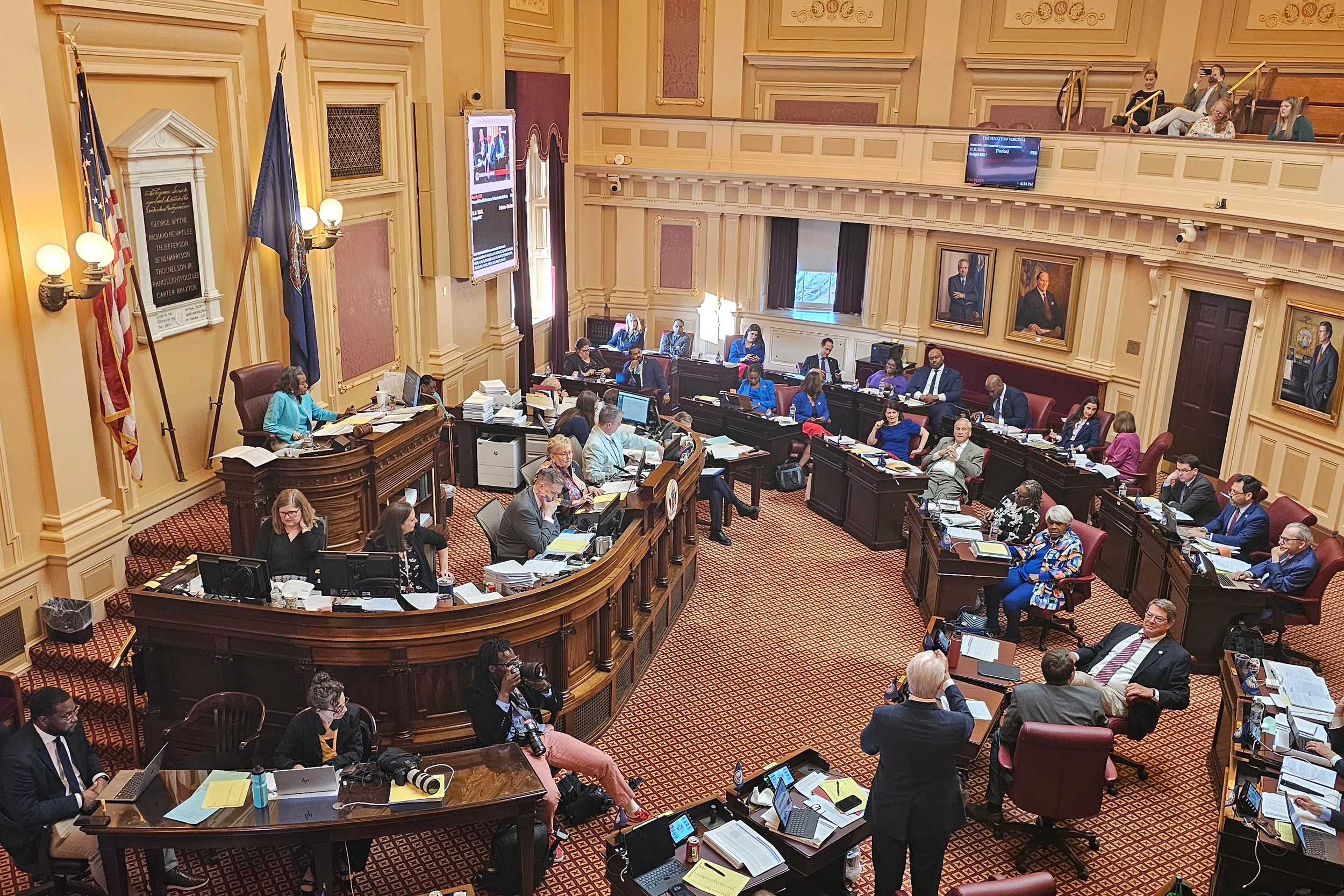Dominion Energy’s Clean Energy Push: Challenges and Opportunities in 2025

Dominion Energy stands at the center of a shifting energy landscape in Virginia. In recent years, the utility has played a key role in driving clean energy adoption, balancing renewable investments with traditional energy sources. The political and regulatory environment is evolving, placing Dominion Energy under the spotlight as Virginia debates its energy future.
Dominion Energy’s Renewable Drive and Recent Setbacks
Dominion Energy has actively supported legislation to increase small-scale solar projects and expand energy storage capacity. However, major clean energy bills, which had earned bipartisan approval and backing from Dominion, environmental groups, and local stakeholders, were recently vetoed by Governor Glenn Youngkin. These bills aimed to boost home and commercial solar adoption and support the infrastructure needed to store renewable energy for later use.
One of the vetoed bills would have expanded small-scale solar requirements, increasing credits for solar generation and supporting the underground installation of power lines. Dominion Energy anticipated that expanding renewable projects, combined with advanced storage, could deliver billions in fuel cost savings through 2035. More details on the political background and implications of this veto can be found in Inside Climate News’s coverage of the debate.
The Energy Storage Challenge in Virginia
Efforts to foster grid stability through short- and long-duration energy storage have also hit political roadblocks. Companion bills SB1394 and HB2537, both vetoed in May 2025, would have required Dominion Energy Virginia and Appalachian Power to significantly boost their energy storage targets by 2045. These measures were designed to address times when solar and wind generation is low, ensuring supply consistency and grid resilience. Find a detailed analysis in the report from Solar Power World.
Governor Youngkin justified the vetoes by citing concerns about added costs to ratepayers and a preference for letting market forces guide energy investment. Critics argue that this position overlooks the long-term fuel savings and health benefits of reducing dependence on fossil fuels. Dominion Energy’s own planning documents projected approximately $6.6 billion in fuel savings from planned solar and storage projects by 2035.
A comprehensive review of the legislative process and ramifications for energy storage growth in Virginia is available at Energy-Storage.News.
What’s Next for Dominion Energy and Clean Energy Progress?
Despite legislative setbacks, Dominion Energy remains committed to meeting the goals set by the 2020 Virginia Clean Economy Act (VCEA). The VCEA requires utilities to transition to carbon-free portfolios within three decades, a target that relies on ongoing investment in renewables and storage. Dominion’s planned offshore wind projects and continued focus on solar indicate a long-term approach to cleaner energy, even as current regulatory headwinds pose challenges.
Meanwhile, new pilot programs for virtual power plants are moving forward. These initiatives will enable Dominion Energy customers to share stored electricity with the grid and help balance supply during periods of high demand.
Conclusion: Navigating Change in Virginia’s Energy Sector
The debate around Dominion Energy, renewable integration, and grid modernization reveals the complex forces shaping Virginia’s energy sector. With legislative barriers and shifting political priorities, the road to a cleaner grid is neither smooth nor certain. However, Dominion Energy’s experience demonstrates the need for synergy between utility investment, policy frameworks, and market innovation to ensure an affordable, sustainable energy future for Virginia.
As policy evolves, stakeholders and customers should stay engaged. Learn more about the nuances and future developments in Virginia's energy policy by following updates from reputable outlets like Inside Climate News and Energy-Storage.News.